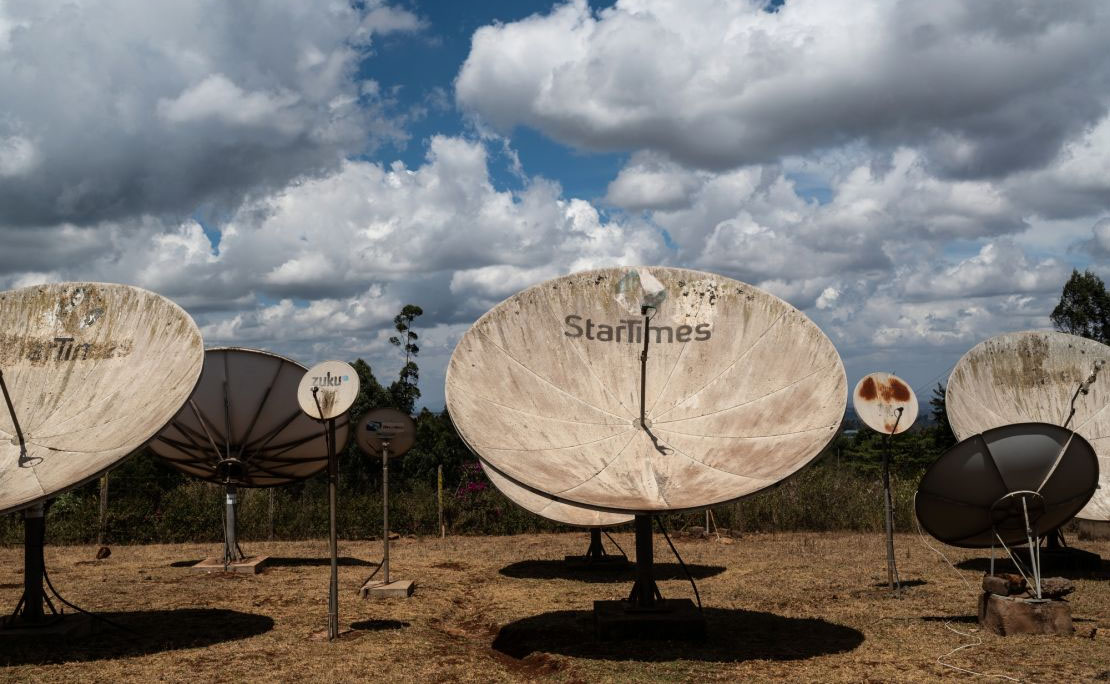
Photo Credit: Getty Images
China’s ambitious “10,000 Villages Project” aimed to bolster its soft power in Africa by providing satellite TV access to over 10,000 remote villages across 23 African countries. Launched nearly a decade ago by Chinese President Xi Jinping, the project was part of China’s broader strategy to strengthen ties with Africa through infrastructure and media initiatives. StarTimes, a major Chinese media company operating in Africa since 2008, was tasked with implementing this project.
The initiative promised to connect rural communities to the digital world, providing free satellite dishes, decoders, and even solar-powered television sets. For many villages, this was their first experience with digital television, transforming their access to information and entertainment. Initially, the project was well-received, offering villagers the chance to watch international events, like the Olympics, and local programming.
However, the success of this initiative has been mixed. After the initial free trial period, many villagers found the subscription costs, although lower than other services, to be burdensome. Consequently, the excitement faded as households could not afford to continue their subscriptions. The content, heavily focused on Chinese dramas and cultural programs, did not always resonate with local tastes, with many finding it outdated or unrelatable. Despite efforts to dub content into local languages, such as Swahili, the programming failed to build a strong connection with African audiences.
Football has emerged as a crucial factor in retaining subscribers, with StarTimes securing broadcasting rights for popular leagues like Spain’s La Liga and Germany’s Bundesliga. However, competition from other providers, particularly those offering English Premier League matches, remains fierce.
Overall, while the “10,000 Villages Project” succeeded in increasing China’s presence in Africa, its long-term impact on China’s image has been less significant than anticipated. The project highlighted the challenges of using media as a tool of soft power, particularly when the content does not fully align with local preferences and economic realities.
















